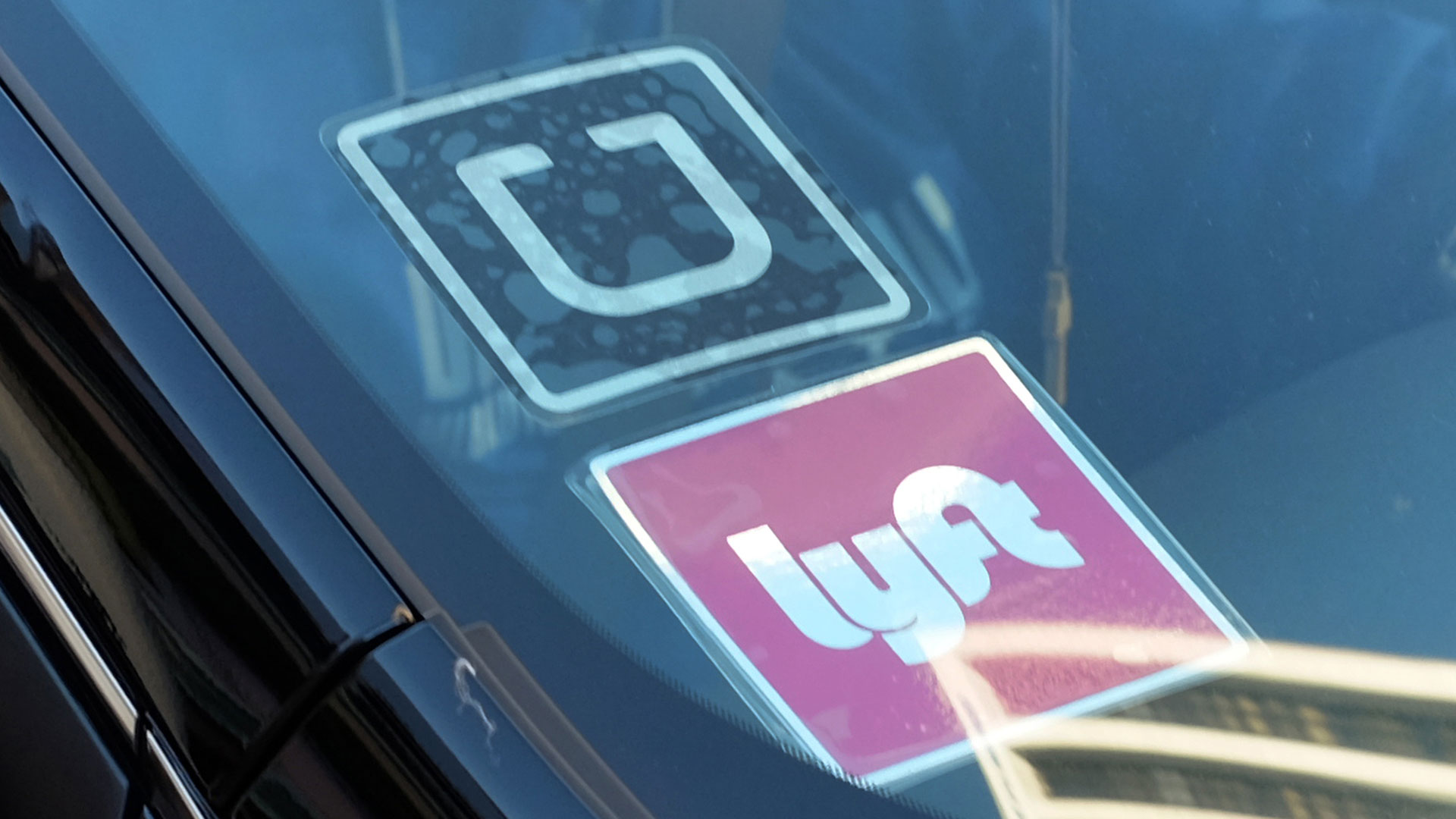

Uber and Lyft pulled out of Austin last year, but both ride-sharing services are set to return to the Texas state capital, thanks to new legislation that overturns many of Austin’s restrictions on ride sharing.
The two ride-sharing services are expected to restart operations in Austin on Monday, according to Engadget. The legislation eliminating the city’s restrictions on ride sharing only needs Texas Governor Greg Abott’s signature to become law.
The legal victory for Uber and Lyft comes after intense lobbying of the Texas legislature over the past two years. The bill, HB 100, establishes statewide ride-sharing regulations in Texas, overriding Austin’s own rules. Uber and Lyft left Austin because they viewed the city’s rules as too restrictive. Some of the rules enacted by Austin’s city government included a ban on picking up passengers in traffic lanes, and a requirement that all drivers get fingerprinted as part of background checks. The latter was intended to hold ride-share drivers to the same standard as taxi drivers.
The new statewide rules do mandate background checks, but not fingerprinting. Instead, the method of conducting background checks will be up to the ride-share companies themselves. After Massachusetts instituted state-supervised background checks, 8,000 Uber and Lyft drivers were rejected because of histories of violent crimes, sexual assault, and drunk or reckless driving.
The return of Uber and Lyft to Austin also presents an interesting scenario for the ride-sharing industry. The two titans will have to compete with smaller local companies, such as Fare, Fasten, and the nonprofit RideAustin, that sprung up to fill the void they left. Buying local is all the rage now when it comes to food, but we’ll have to see if that’s also the case with ride sharing.
While Lyft has seen steady growth this year, the Texas legislation marks a much-needed victory for Uber. The company has been swamped with scandals all year, from accusations of sexual harassment to video of CEO Travis Kalanick berating a driver. Most recently, the company admitted to underpaying drivers in New York state, while a lawsuit now alleges it also overcharged riders in New York City.